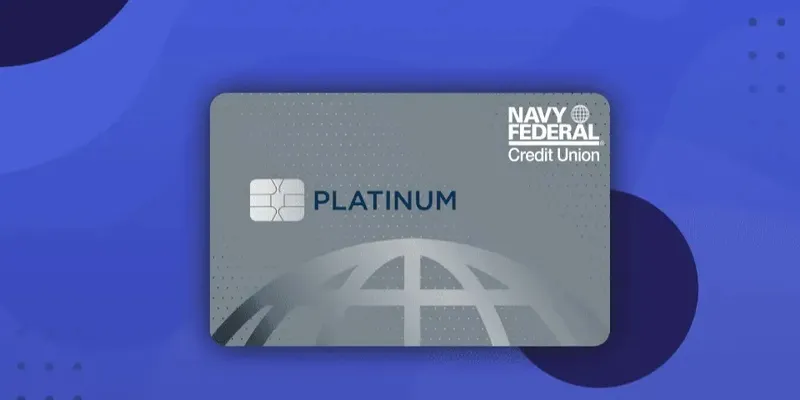Understanding Federal Student Loan Servicers: Roles and Responsibilities
Federal student loan servicers are companies appointed by the U.S. Department of Education to manage billing and other services for federal student loans. While they don’t issue loans, they serve as intermediaries between borrowers and lenders, helping to manage loans by offering customer service, tracking payments, and maintaining loan records. If you have questions about your loans or need assistance with repayment options, these servicers are your primary point of contact. Understanding their role is crucial for effectively managing student debt after graduation.
What Are Federal Student Loan Servicers?

A federal student loan servicer is a company hired by the U.S. Department of Education to manage federal student loans. Currently, there are nine servicers responsible for federal direct loans and FFEL Program loans, including Stafford Loans, PLUS Loans, and Consolidation Loans.
The Role of Loan Servicers in the Student Loan Process
Loan servicers play a vital role in the student loan market. They handle collecting and processing payments, keeping records, and acting as intermediaries for both borrowers and lenders on repayment issues. Servicers are also available to address borrower questions and concerns about loan management.
Types of Loan Servicers
There are two main types of loan servicers: federal and private. Federal loan servicers handle all federal student loans, whereas private loan servicers manage loans provided by banks and other financial institutions.
Federal Loan Servicers
Nine federal loan servicers are contracted by the U.S. Department of Education to manage the repayment process for federal student loans:
- Navient
- Nelnet
- Great Lakes Educational Loan Services
- FedLoan Servicing (PHEAA)
- MOHELA
- Granite State Management & Resources (GSM&R)
- OSLA Servicing
- CornerStone Education Loan Services
- HESC/EdFinancial
Private Loan Servicers
Private loan servicers manage loans from banks, credit unions, and other financial institutions. These loans have different terms compared to federal loans and are not backed by the government.
Criteria for Selecting Servicers
The Department of Education selects federal loan servicers based on criteria like customer service quality, technological capabilities, experience, financial stability, and compliance with federal regulations. Private loan servicers are usually chosen by the originating lender or bank.
Responsibilities of Loan Servicers
Loan servicers have several responsibilities in managing federal student loans, including:
Billing and Collecting Payments
Servicers send monthly billing statements and collect payments. They also handle payment adjustments, such as changes when a borrower enters into an income-driven repayment plan.
Deferment and Forbearance Requests
If a borrower can’t make monthly payments, they can request deferment or forbearance. The servicer reviews and approves these requests according to federal regulations.
Providing Loan Counseling
Servicers offer loan counseling, explaining repayment options, loan forgiveness programs, and consolidation. They may also help create budgets or financial plans for managing student debt.
Maintaining Loan Records
Servicers keep accurate and up-to-date records of a borrower’s loan details like principal balance, interest rate, and repayment status. This information is crucial for borrowers to make informed decisions.
Working with Loan Servicers
It’s essential for borrowers to stay in contact with their loan servicer and update information like contact details or income changes. This ensures they receive important updates about their loans.
How to Contact Your Loan Servicer
Borrowers can find their federal loan servicer by logging into the National Student Loan Data System (NSLDS) website. Private servicers can be identified via billing statements or by contacting the lender. Reach out to your servicer via phone, email, or online account.
How They Help Manage Loans Properly
Loan servicers help borrowers understand loan terms and repayment options, keeping them on track with payments and providing resources for managing student debt. They also ensure compliance with federal regulations.
Common Issues and Solutions

Some borrowers have faced issues with loan servicers, such as payment processing delays and inaccurate information. To address these, the Department of Education holds servicers accountable for their performance to ensure quality service.
Complaint Process
If you encounter issues with your loan servicer, file a complaint through the Federal Student Aid (FSA) Feedback System. This allows you to submit feedback directly to the Department of Education, which will investigate and resolve the issue.
Conclusion
Loan servicers play a crucial role in helping borrowers manage their federal student loans post-graduation. Understanding their responsibilities and maintaining communication ensures a smooth repayment process. If issues arise, utilize the complaint process to address them and ensure you’re receiving quality service. Overall, being proactive and informed about your loan servicer can help you effectively manage your loans and avoid potential issues.









